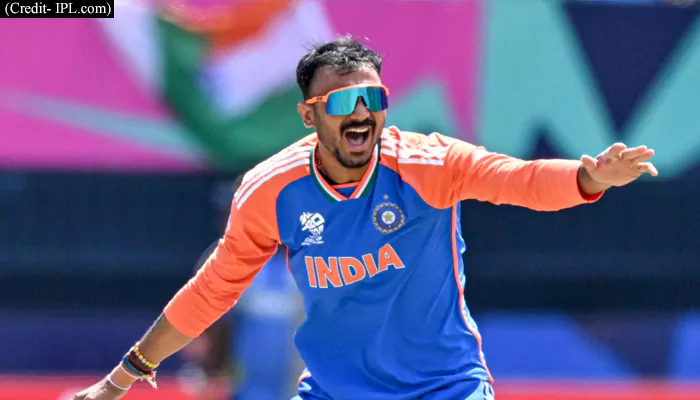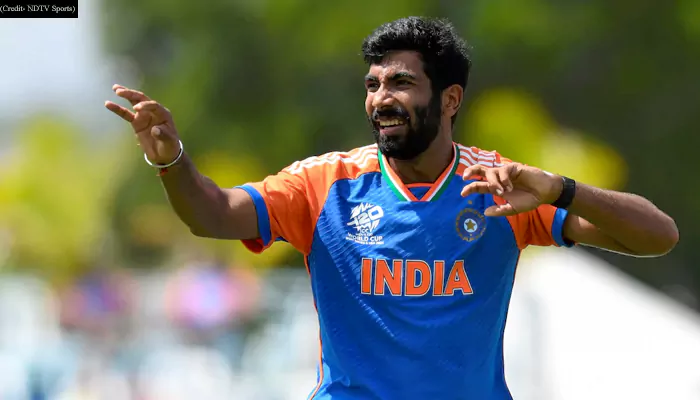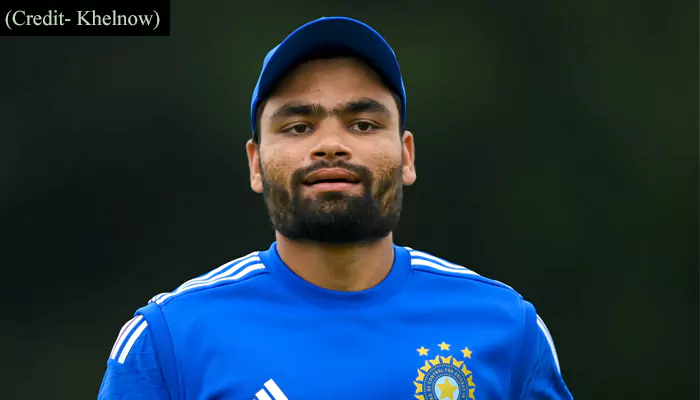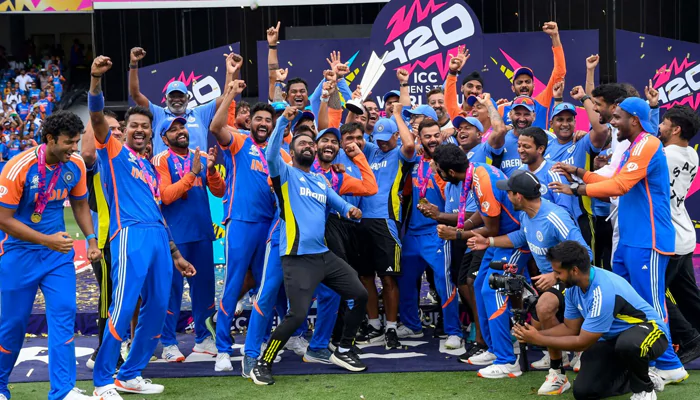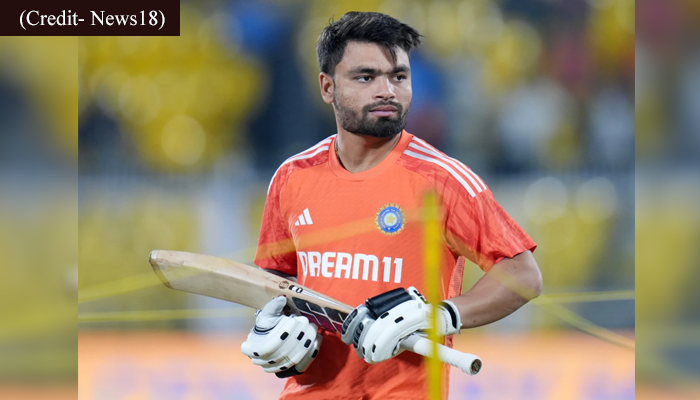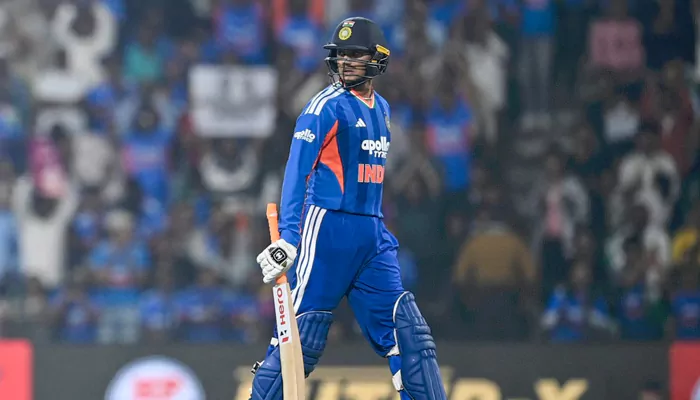On This Day (July 25): When the 2000th Test at the Lord's Marked India and England's 100th
- Admin
- 1 year ago
- 3 minutes read

The opening day of this landmark test was a challenging one for India
On this day in 2011, India's cricket team battled through a challenging tour of England, succumbing to a 0-4 Test series whitewash. The tour was notable for featuring the 2000th Test match in cricket history at Lord's from July 21–25 and the 100th Test encounter between India and England. Despite high hopes for Sachin Tendulkar to achieve his 100th international century, the series proved challenging, marked by a 196-run defeat in the Lord's Test, and highlighted a problematic phase for Indian cricket characterised by injuries, fatigue, and struggles in overseas conditions.
The beginning
In a landmark moment for the sport, Australia and England faced off in the first-ever Test match at the Melbourne Cricket Ground from March 15 to March 19, 1877, laying the foundation for Test cricket. The journey to 1,000 tests spanned 107 years. Remarkably, the next 1,000 games were completed in just 27 years, highlighting the rapid evolution of the format.
2000th test match
The opening day of this landmark test was challenging for India. Captain MS Dhoni faced a formidable English batting lineup despite winning the toss. In sublime form, Kevin Pietersen scored a magnificent 202*—his first century on home soil in three years. His inning was the cornerstone of England's impressive 474-run total. Jonathan Trott contributed significantly with 70, Matt Prior added 71, and Ian Bell chipped in with 45.
For India, the day was marred by setbacks. Pace spearhead Zaheer Khan, who had taken two wickets in his 14-over spell, went limping off the field. Praveen Kumar, however, stood out with a five-wicket haul.

Ishant Sharma is appealing for an LBW
The second day
On the second day, India's opening batsman, AbhinavMukund, came close to a milestone, falling just one run short of a half-century. While Mukund's 49 was a promising start, the rest of the Indian batting lineup struggled, with only Rahul Dravid standing firm. 'The Wall' scored his maiden century at the Lord’s (103), showcasing his enduring prowess in the most extended format of the game. Despite Dravid's efforts, the Indian team was bowled out for 286, falling well short of England's first-innings total of 474.
In England's second inning, Praveen Kumar and Ishant Sharma made inroads into the English lineup, dismissing six batters. However, Matt Prior and Stuart Broad emerged as the hosts' saviours. Prior scored a crucial 103, while Broad contributed a valuable 74. England declared their second inning at 269, setting India a daunting target of 458 runs to win the match.

James Anderson celebrates a wicket with his teammates
India's last hope
As the final day unfolded, there were glimmers of hope among a few who believed India might salvage a draw. However, the relentless attack of James Anderson and Stuart Broad proved too much for the Indian batting unit. Anderson spearheaded the assault, claiming five wickets and dismantling the Indian top order.
Broad complemented his efforts, adding three more wickets to his tally; despite valiant contributions from VVS Laxman and Suresh Raina, who scored 56 and 78, respectively, the Indian innings crumbled under the pressure. India was eventually bowled out for 261, falling short of the 458-run target. England secured a convincing 196-run victory.
Fletcher's 100 games as a coach
Not only did the 2000th Test match between India and England witness a significant milestone for one of the game's great coaches, Duncan Fletcher established a historic milestone by becoming the first coach in cricket history to lead a national team through 100 international matches. Under Fletcher's guidance, both India and England experienced pivotal moments in their cricketing histories, and this landmark achievement highlighted his profound impact on the game.


